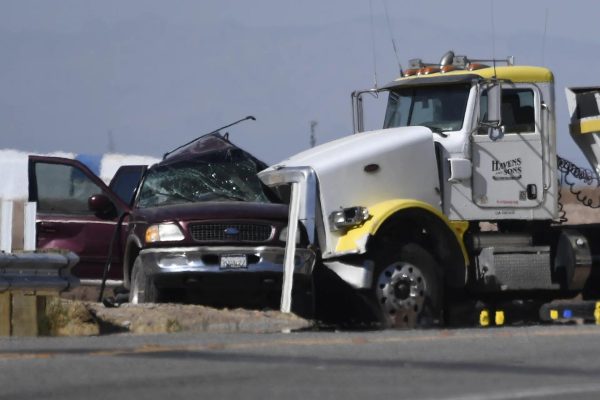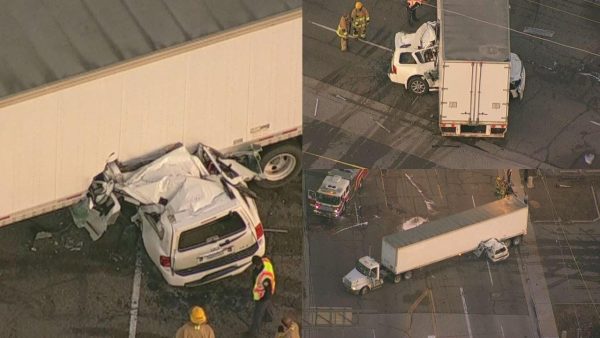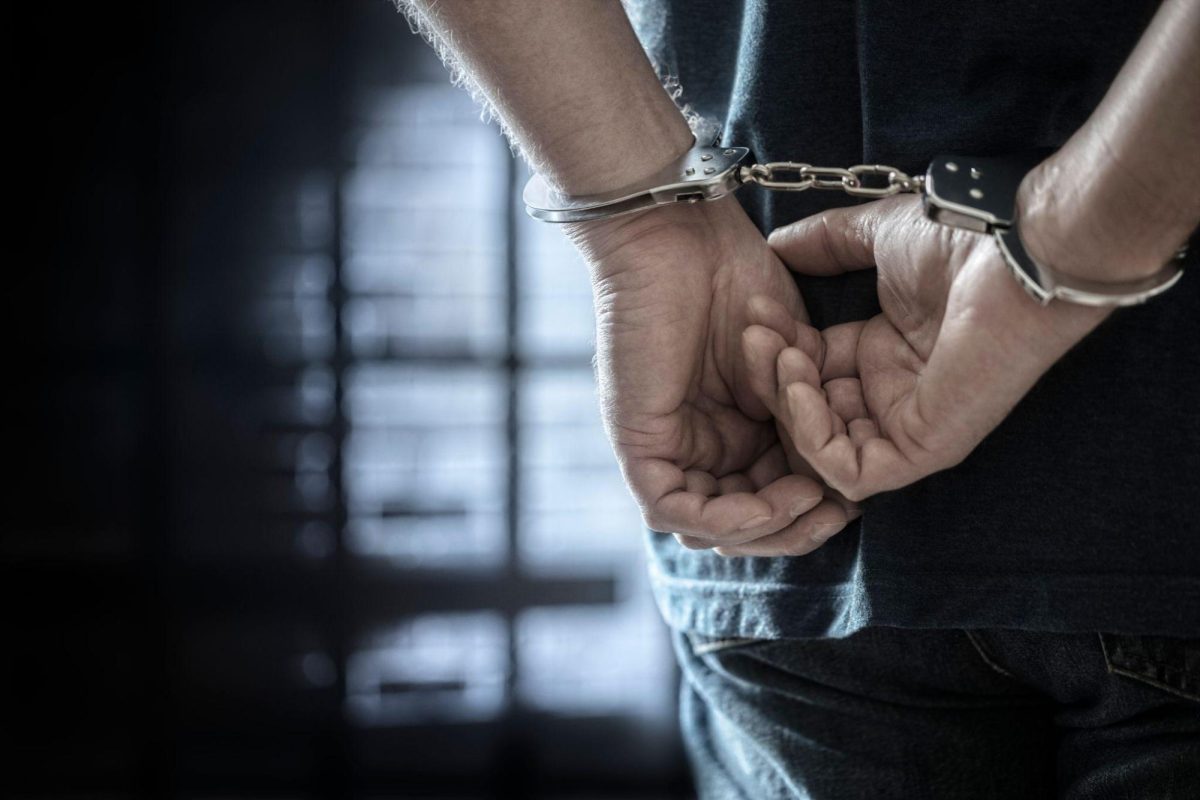Imagine you’re driving down the highway, minding your own business, when suddenly, a massive truck enters your lane, causing a devastating collision. In the chaotic effects of a truck accident, having the shock and confusion, it’s crucial to remember one thing: preserving evidence. Properly preserved evidence can make all the difference in determining fault, securing compensation, and achieving justice.
In this comprehensive guide, we’ll discuss every aspect of ensuring the preservation of evidence following a truck accident. We aim to empower you with the knowledge needed to go through this process with confidence.

Understanding the Importance of Evidence Preservation
When it comes to truck accidents, evidence is paramount. Every piece of evidence tells a story, from skid marks on the pavement to black box data from the truck itself. Without proper preservation, crucial evidence can be lost, tampered with, or destroyed. This can jeopardize the integrity of any ensuing investigations or legal proceedings.
Think of evidence as the building blocks of your case as without them, your chances of achieving a favorable outcome diminish significantly.
Immediate Steps to Take
In the immediate effects of a truck accident, along with the chaos and adrenaline, it’s essential to remain calm and focused. Here are the crucial steps to take to ensure the preservation of evidence:
1. Ensure Safety First
In the case of a truck accident, your safety and the safety of others should be the top priority. Check yourself and any passengers for injuries, and if possible, move to a safe location away from the flow of traffic to prevent further harm or collisions. If you or anyone else requires immediate medical attention, call emergency services right away.
2. Call Emergency Services
Even if there are no apparent injuries, it’s crucial to contact law enforcement and emergency medical services immediately after a truck accident. The police report generated from their assessment of the scene can serve as valuable evidence, documenting essential details and establishing an official record of the incident.
3. Document the Scene
While at the accident scene, take photographs and videos from multiple angles to capture comprehensive evidence. Document the positions and damage to the vehicles involved, road conditions, weather, any debris or skid marks, and any relevant signage or traffic signals. This visual documentation can corroborate witness accounts and support your version of events.
4. Collect Witness Information
If there were any bystanders or other drivers who witnessed the accident, make an effort to obtain their contact information, including names, phone numbers, and addresses. Witness statements can provide crucial corroborating evidence and offer additional perspectives on the events leading up to and during the accident.
5. Do Not Admit Fault
It’s essential to refrain from making any statements that could be interpreted as an admission of guilt or fault. Stick to the facts when speaking with law enforcement, the other parties involved, or their representatives. Avoid speculating about the cause of the accident or assigning blame, as these statements could potentially undermine your legal case.
6. Preserving Physical Evidence
Physical evidence, such as vehicle damage and debris, can offer crucial insights into the cause of a truck accident.
Here’s how to ensure its preservation:
- Do Not Move Vehicles:
Unless necessary for safety reasons, leave vehicles in their original positions until law enforcement arrives to assess the scene.
- Document Vehicle Damage:
Take detailed photographs of all vehicles involved in the accident, capturing the extent of damage from various angles.
- Secure Debris:
Collect any debris from the accident scene, such as shattered glass or vehicle parts, and store it safely. This evidence can be analyzed to reconstruct the events leading up to the accident.
7. Preserving Digital Evidence

In today’s digital age, electronic evidence plays an increasingly significant role in accident investigations.
Here’s how to preserve digital evidence effectively:
- Preserve Electronic Devices:
If possible, preserve any electronic devices involved in the accident, such as smartphones or GPS navigation systems. These devices may contain valuable data, such as timestamps or GPS coordinates.
- Retrieve Black Box Data:
Many commercial trucks are equipped with event data recorders, commonly known as black boxes. These devices capture crucial information about vehicle speed, braking, and engine performance leading up to an accident. It’s essential to retrieve this data promptly, as it may be overwritten or erased over time.
Expert Opinion: Importance of Evidence Preservation in Truck Accident Cases
Speaking to Rosengard Law Group, a renowned truck accident law firm in New Jersey with more than a decade of experience, “Proper preservation of evidence is crucial in truck accident cases. Without sufficient evidence, it is difficult to prove liability and ensure fair compensation for the injured party. It is therefore necessary to take immediate action to document the scene and preserve physical and digital evidence.”
We recommend that you always talk to a personal injury attorney for consultation as the majority of them don’t charge any fee and can give you an expert opinion about your case. If you are interested then you can schedule a call at 856-284-6446 and book a free consultation with a NJ Truck accident attorney. He will go through your case in more depth and will guide you about the best course of legal action.
FAQs
How long do I have to preserve evidence after a truck accident?
Preserve evidence for as long as possible, as it may be crucial for investigations and legal proceedings. Seek guidance from legal professionals on specific timelines.
Can I rely solely on witness testimony without physical evidence?
While witness testimony can be valuable, physical evidence provides concrete documentation of the accident scene and can strengthen your case significantly.
What should I do if the trucking company refuses to release black box data?
Seek legal assistance immediately. An experienced attorney can help navigate legal avenues to compel the release of crucial evidence.
Conclusion
In the aftereffects of a truck accident, ensuring the proper preservation of evidence is paramount. Following the steps outlined in this comprehensive guide can help you protect your rights and strengthen your case. Additionally, seeking guidance from legal professionals can assist you in pursuing the compensation you deserve.
Remember: evidence is the key to justice.





